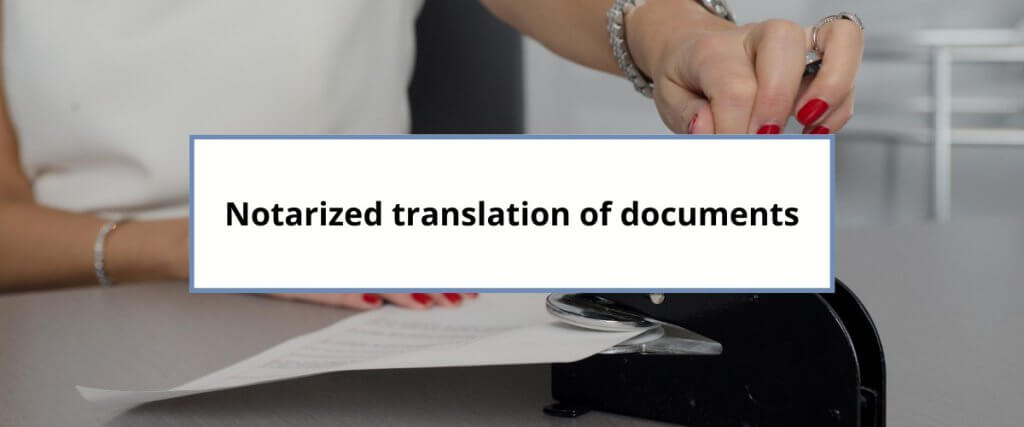
Notarized Translation of Documents: What You Need to Know
If you are planning to submit official documents issued in a language other than Hebrew or Arabic to any Israeli governmental or public institution, then you should know that they will need to be translated into Hebrew. However, there are some institutions in Israel that may accept documents issued in English. Regardless of the language, foreign documents will also need to be authorized by “Apostille” authorization (according to Hague Convention) or by the consular department.
If you’re unsure about the process of translating and authorizing your documents, read on for everything you need to know about notarized translation of documents.
When is a notarized translation into Hebrew required?
Any document that you need to submit to the Ministry of the Interior Affairs, the Population Register and Immigration Authority, or any other government institution or agency must be authorized and translated into Hebrew by an Israeli notary who is fluent in the foreign language.
What documents might require translation into Hebrew?
The following are examples of the types of personal certificates that may require notarized translation services into Hebrew, English, or Polish:
- National identification cards
- Birth/marriage/death certificates
- Divorce statements
- Paternity certifications
- Diplomas, course completion, grades, and letters of recommendation
- Wills and inheritance instructions
- Foreign Court’s order
Why do documents need to be notarized?
According to Israeli law, documents translated from a foreign language into Hebrew must be authorized by an Israeli notary who is fluent in both the Hebrew and the foreign language. The notary is responsible for verifying the authenticity of the original document and the accuracy of the translation. Notarized documents are considered to be legally binding and are accepted by all government institutions and agencies.
Where can I get notarized translation services?
If you need notarized translation services, our office provides such services for all the documents listed above. Our professional translators are fluent in Hebrew, English, and Polish, and can ensure that your documents are accurately translated and properly notarized.
In conclusion, if you are planning to submit documents to any Israeli governmental or public institution, you need to ensure that they are translated into Hebrew and authorized by an Israeli notary who is fluent in both the Hebrew and the foreign language. This can be a complicated process, but with the help of our notarized translation services, you can rest assured that your documents will be translated accurately and legally binding.
